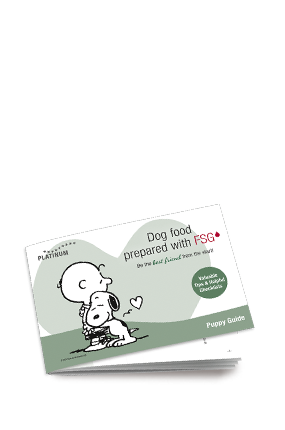Sozialisierung & Ausbildung
In most cases, the puppy's socialisation phase and the important developmental steps that go with it begin when it joins the new family. During this time, your young dog will learn how to interact with people and animals, as well as basic behaviour such as house-training, walking on a lead and the first commands. In their first year of life, they turn from a puppy into young dog, as well as going through puberty. They gain experience that shapes them for the rest of their life and develop both physically and mentally. This phase forms the foundation of the human-dog relationship and will have a decisive influence on them.
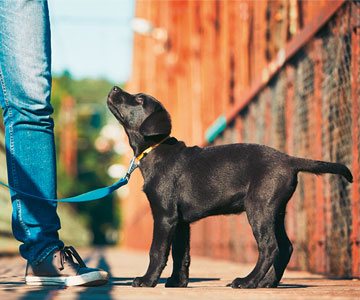
Walking your dog
During this initial period, the walks should be of short duration, but you can take them several times a day (five to six times). The rule of thumb is: "The walk should not last longer than the puppy is weeks old." So: If your puppy is twelve weeks old, a twelve-minute walk is not a problem. You can also take a short stroll through the city, but this should not take longer than 10 to 15 minutes.
Important: Any activity that lasts longer than 30 minutes is too much for a puppy under six months old!
To get your puppy used to its future environment, you should gently introduce it to all the everyday noises in your house and garden, as well as to other road traffic such as cars, motorbikes, tractors, buses and trains, cyclists, skateboarders and joggers. Also visit wildlife and city parks, restaurants, the railway station or anything else that could be relevant for your four-legged friend later in life. The same applies here: don't overtax your dog, but introduce them to this new world gradually and carefully, and always give them a feeling of security.
Do not allow your children to walk the puppy unsupervised. It is difficult for them to foresee what dangerous situations the puppy might encounter.
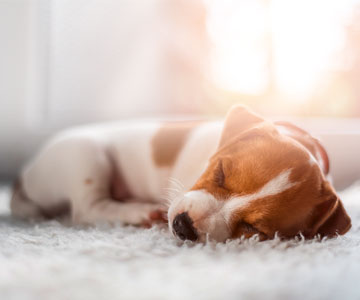
Rest phases
A puppy always wants to keep up with its pack and not lose contact with it. From time to time you may therefore need to force your puppy to rest. You should always make sure your puppy has their quiet time. For example, after eating, after a walk or after going to puppy school, your pet should be able to retire to a quiet place.
Children in your household especially must learn to respect the puppy's rest periods. Children find their first few months with a new dog very exciting and love to romp around with their new playmate without paying attention to their important rest breaks.
House-training
Dogs are naturally clean animals that try to keep their territory clean. So from an early age, they are careful not to make a mess in their basket. However, the basket should not be too big, otherwise they will relieve themselves in one corner at night and then continue to sleep in the other. It takes around 14 weeks for a puppy to be able to control their bladder sphincter sufficiently, however. Until then, they need to relieve themselves every two to three hours – both during the day and at night.
There's a little trick you can use to get the dog to alert you, especially at night, before they can't hold it any longer. Set up your dog's personal space in a cardboard box to start with or place a cardboard box around the basket that they cannot get out of on their own. The dog will then let you know it wants to go with a slight whine. During the day, make sure that you let them do their business at regular intervals. Especially after eating, sleeping and playing. Your dog's body language will sometimes give you an indication of when it's time again: they'll walk around restlessly, sniff the ground, and sometimes turn round and look for a suitable place. Then simply take them to the place where they can do their business.
Your behaviour towards the dog is also important so that it learns the desired action. If a mishap occurs, don't punish them, but say a clear and firm "no" to express your dissatisfaction and show them where they can relieve themselves. Praise them enthusiastically if they relieve themselves in the right way – treats are especially appreciated here. Be patient! House-training your dog can take days or even weeks.
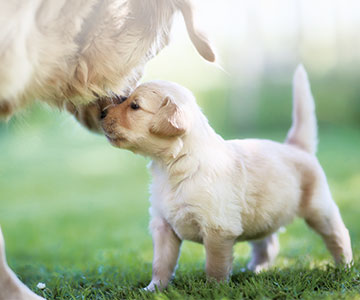
Setting boundaries
Your dog wants to be part of the pack and needs to learn their role in it. Be consistent right from the start and show them clear boundaries. It is more difficult to break a dog of a previously learned or tolerated behaviour than to teach certain rules from the outset. As a puppy, it may be cute when they always jump up at you or nibble your shoes. A clumsy little pup may get petted in return and get attention and positive feedback. It is difficult to dissuade them from this behaviour later on. By that point, your dog won't understand why this behaviour is no longer tolerated.
You can also set spatial boundaries: your four-legged friend must learn that not all rooms (e.g. bedrooms or bathrooms) or all places ( sofas or beds) in the house are necessarily accessible to them. Always use positive reinforcement: when they show learned or desired behaviour, praise them and, with a little patience and consistency, they will continue to behave this way in the future. Your dog wants your approval and strives for praise and attention. Puberty begins in dogs at around six months of age. Your leadership qualities and position in the family pack are going to be really put to the test at this time. It is now up to you to show clearly that orders must be obeyed and that you are the pack leader. Even if your dog uses their ingenuity to get their own way, the best remedy is consistency and composure. They must recognise that their disobedience is having no effect, otherwise their naughty behaviour will continue and get worse.
Important: Everyone must pull together when it comes to laying down the rules.
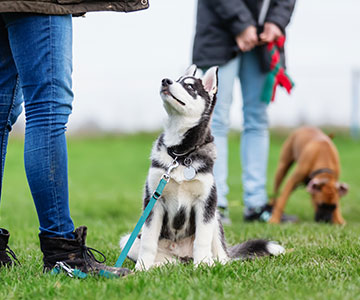
Puppy school
To socialise your new family member properly, you are strongly advised to attend a dog school or puppy group. Here, the puppies learn appropriate social contact with other dogs of the same age. They can also explore various areas of their surroundings under supervision and in an age-appropriate manner, as well as romping around with their peers. Dog clubs in your neighbourhood often also offer this option. Your pet can learn their first commands here, and you will receive helpful tips for training your growing dog further.
The recipe for success when it comes to training is a spoonful of consistency, a spoonful of love and a pinch of regular reinforcement so that what has been learnt is applied repeatedly. You and your dog will have more fun if you can integrate them into your everyday life as smoothly as possible. Mastering basic commands such as "sit", "down", "stay", "come" and walking on a lead are fundamental to this. Effective training also leads to a trusting relationship between human and dog and greatly enriches your life. Exactly what you want and are hoping for.
Product recommendation
The benefits of PLATINUM dog food
- PLATINUM uses a unique preparation method called FSG, which offers numerous advantages compared to conventional dog food.
- Dog food prepared with FSG is gently cooked only in its own meat juice and is therefore nutrient-rich like BARF, excellent for building muscles and also extra tasty for your dog.
- With at least 70% fresh meat in the dry dog food and 83% fresh meat or fresh fish in the wet dog food, PLATINUM places great value on a composition of the food that is adapted to the needs of dogs.
- The declaration and composition of dog food prepared with FSG is tested regularly and independently by ELAB Analytik GmbH (formerly TÜV SÜD ELAB) - for canine health protection.
- PLATINUM is generally very well accepted by dogs of all breeds and ages. Even four-legged friends with sensitive digestion or intolerances usually tolerate PLATINUM dog food well.
- All products are free of soya, GMOs and gluten. In addition, no flavour enhancers, attractants, odourants or colourings are used.
- Over 2,000 positive customer reviews at Trusted Shops speak for themselves!



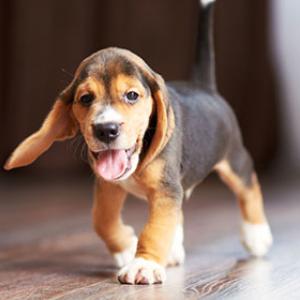

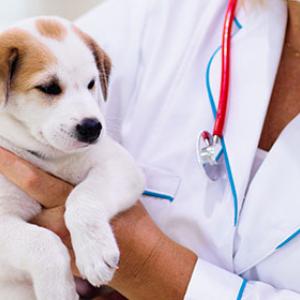

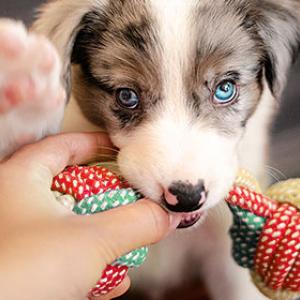
.png)
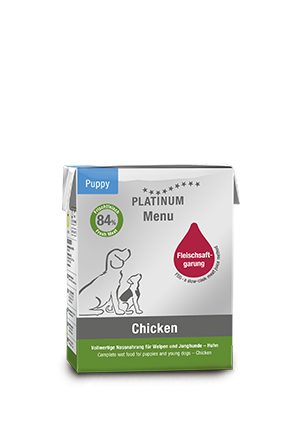
.png)
